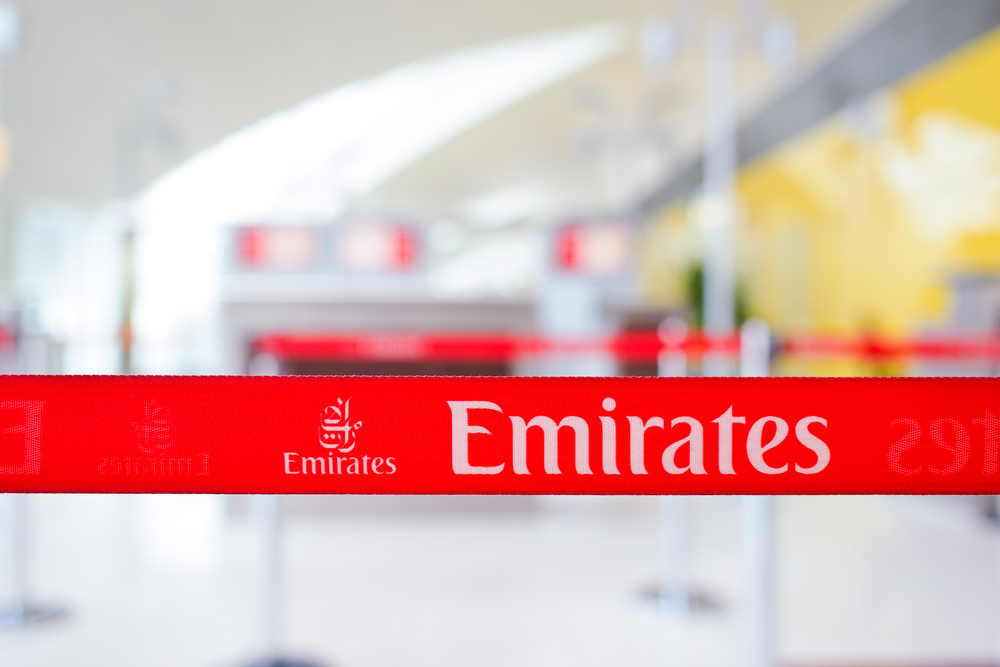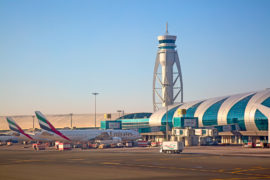All passenger operations will be temporarily suspended by Emirates in the United Arab Emirates as the world slows to a halt because of the coronavirus pandemic.
The airline has been trying to keep passenger flights operating for as long as it could in a bid to help travellers get home in the wake of more and more travel restrictions and bans as well as an increasing number of nations locking down all over the world.
Emirates will continue to maintain essential international cargo links for communities and economies, with its 777 freighter fleet being deployed to transport vital goods such as medical supplies worldwide.
The chief executive and chairman of Emirates Group, Sheikh Ahmed bin Saeed Al Maktoum, says that the outbreak has resulted in the whole world going into quarantine in a crisis unprecedented in its scale and breadth.
Emirates Group was actually doing well against targets for the current financial year until January, but the last six weeks have seen that come to a painful halt because of the virus, according to Sheikh Ahmed.
The international network airline now finds itself unable to provide viable passenger services until other nations reopen their borders and confidence in the industry returns.
Emirates will have temporarily suspended all passenger operations by 25th March, and while services will be reinstated as soon as the situation allows, at the moment the airline can do nothing other than monitor the situation, Sheikh Ahmed admits.
Since the start of the outbreak, operations have been adapted by both Emirates and dnata in line with directives from regulatory authorities as well as travel demand.
With many airline customers cancelling services or significantly reducing flights, dnata operations have also been dramatically reduced, and a number of offices across its global network have been temporarily closed.
A series of measures have been undertaken by Emirates Group in a bid to cut costs given that travel demand looks bleak for the short and even medium term.
These measures include postponing or cancelling discretionary expenditure, collaborating with suppliers to try to find greater efficiency and cost savings, and temporarily reducing salary for most employees for three months.
Other measures being taken include freezing all non-essential consultancy and recruitment work and encouraging employees to go on leave – either paid or unpaid – because of the reduction in the airline’s flying capacity.
Gary Chapman and Sir Tim Clark, the respective presidents of dnata and Emirates, are also taking a 100% basic cut in salary for the next three months.
Sheikh Ahmed says that the basic salary cuts are being taken to avoid job losses and to ensure that customer services can be quickly resumed once demand returns.
The airline has also been implementing enhanced disinfection and cleaning methods on all aircraft leaving Dubai as a precautionary measure in the last few weeks, as well as providing airport teams and crew with masks and hand sanitisers when necessary.
Anyone who chooses to travel to and from the UAE after the current crisis has passed should take out travel insurance to guard against cancelled flights or the possibility of falling ill while overseas.




